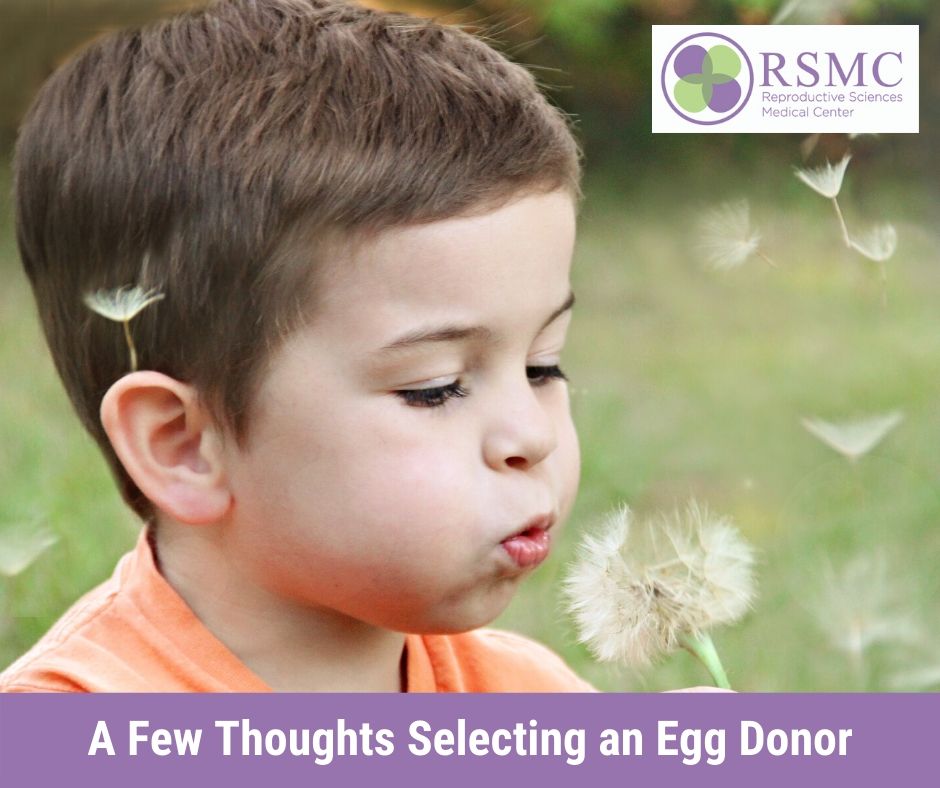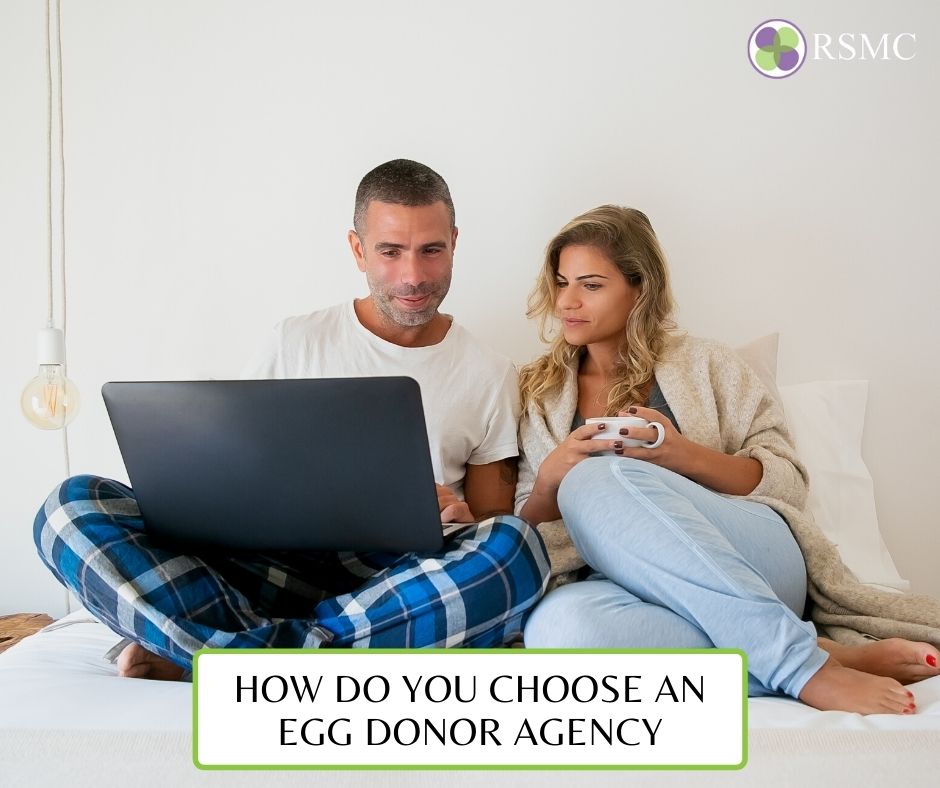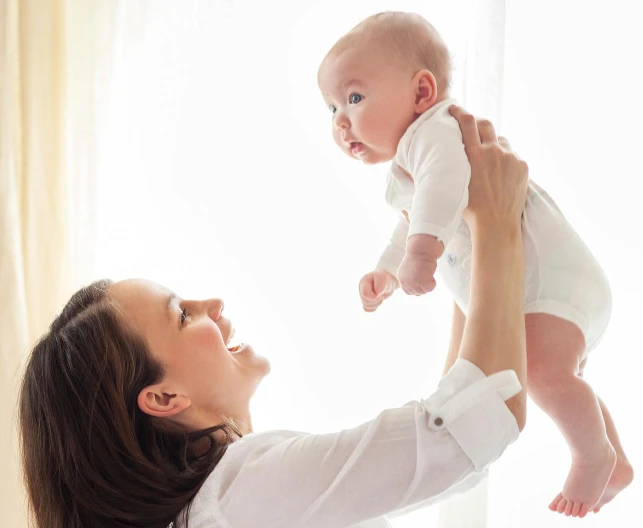Egg donation is a process through which a fertile woman donates her eggs to another woman to help them conceive. Egg donation is an important part of assisted reproductive technology (ART).
When you decide to donate your eggs, you are ultimately deciding to help someone start their own family. Most egg donors become motivated, after hearing stories from friends and relatives about their own infertility struggles. Reproductive Sciences Medical Center is impressed by your desire to come forward and help someone in need. Many women share the same reason for wanting to become an egg donors. They have finished with their own family and want to help other women experience the joys of motherhood.
Aspiring egg donors have many questions about the whole process and its risks. Many questions are related to compensation and time commitment. But the question that we hear most often from women who donate their eggs at RSMC – San Diego & Irvine is: is the eggs donation process painful?
To be honest the answer is not as simple as just a yes or no. Every woman is different. There are multiple steps in the eggs donation process, and each step can affect donors in various ways. Let’s understand the process and have a look at the steps involved.
The Eggs Donation Process
- Application Process: The process starts by filling out an application form with us. After you’ve completed the application, we will notify you within 3 business days of your status.
- Preliminary Program Acceptance: Based on your application you will be preliminarily accepted into our program. We will create a profile that highlights your best qualities. We will then show your profile to our Intended Parents
- The screening process: Once you are matched, we will conduct a medical screening, psychological evaluation, and background check.
- Legal Process: Both you and the Intended Parents will have an attorney to help discuss contracts and agreements.
- In-cycle calendar: You and your coordinator will collaborate and discuss your calendar, birth control, and medications.
- Medical injections and monitoring: To stimulate your ovaries, you will undergo 10-12 days of self-injected medications leading up to your egg retrieval.
- Egg retrieval: A crucial step to donate eggs where you will travel to our clinic in San Diego, with all necessary expenses covered. One of our physicians will retrieve the eggs vaginally through a minimally invasive procedure.
- Post-retrieval check-up: A check-up will be scheduled at your local monitoring center (San Diego, Irvine & other locales) prior to donate eggs.
Shots and Medications
Once you’ve passed our medical testing and psychological evaluation, you will enter in our egg donation program to begin cycling. During this stage, we will give you a carefully prescribed dosage of hormone-based medications for 10 to 12 days. These medications will help your body to develop all the eggs which generate naturally in a typical cycle. They will be administered through shots that you must give yourself. In addition to these shots, you’ll have to undergo occasional blood tests. These will take place during both the initial screening and your egg donation cycle. The medications are the same that we use for IVF patients.
You may experience a little pain during this stage. After all, many types of injections can cause stinging, achiness, and rashes.
The pinch on your skin that you give yourself in order to administer medication is worse than the actual injection. But not to worry, we won’t allow you to give yourself a shot of medication until you have gone through a hands-on injection lesson. Remember, the first shot is always going to be the worst one, because you have no idea what to expect. Once you get through the first injection, each subsequent injection will get easier and easier.
Ultimately, the amount of pain will depend on your body’s tolerance level for needles. Egg donation is not the right choice for someone who faints at the sight of needles. However, if you can tolerate the shots with just a bit of winching, then you’ll be fine with the whole process of self-administering medication.
Side Effects of Egg Donation
At RSMC, we go out of our way to make sure that you are well informed so you can consent to everything before beginning the eggs donation process. Bloating, headaches, nausea, cramps, moodiness, and hot flashes are potential side effects of medications. Also, there are a few additional side effects and rare complications that you should be aware about:
- Blood draws and injections – You will be required to take blood tests throughout the Eggs Donation Process, in addition to the self-administered fertility medications. It can be a little uncomfortable and sometimes there can be redness or bruises, so prepare yourself for that.
- Medication’s side effects – The medications used to stimulate ovaries are hormones. They are the same hormones your body already produces, just in a large dose. Because you’ll be taking more of these hormones, you may notice mild side effects similar to symptoms of PMS. They may cause bloating, headaches, sore breasts, and weight gain. In extremely rare cases, an allergic reaction to the medication is possible.
- Ovarian Hyperstimulation Syndrome (OHSS) – This is a rare side effect of Egg Donation and the chances of this happening are less than 5%. OHSS happens when a woman’s ovaries overreact to fertility medications. The screening tests along with careful monitoring and dosing will lower the likelihood of developing OHSS. If the donor experiences vomiting and shortness of breath, she must to contact a doctor immediately. Lowering the dosage of medication can prevent medical complications and damage to the ovaries.
- Ovarian Torsion– It occurs in .3% of cases. The ovary can twist on itself, causing severe pain on one or both sides. To decrease the risk, experts recommend that donors refrain from physical activity such as running, aerobics, horseback riding, and heaving lifting for a period of time after the egg retrieval.
The Egg Retrieval Process
It is a short procedure that lasts less than 30 minutes and is very safe. You’ll be under light sedation and probably won’t remember the procedure at all. In some very rare cases, the patient may have an adverse reaction to the aesthetic. This may lead to bleeding and infection. After the retrieval, you will most likely experience temporary grogginess as you come out of the IV sedation.
Recovery
Most donors can return to work the very next day. Doctors recommend to take the rest of the day off after your procedure. This indicates how painless and simple the actual procedure can be. Physicians at RSMC will monitor your recovery to ensure you’re ready to resume normal activity and are not feeling any pain. You may experience some cramping and bloating, but the level of discomfort will vary from donor to donor. You may need to take pain medication to help with any discomfort.
To sum it up, every woman is different and can have a different experience when it comes to pain or discomfort during the eggs donation process. Egg donation requires real commitment and hence we compensate our egg donors fairly for their time and effort. After all, they are very special people who make other’s family dreams come true.
If you still have questions about the eggs donation process or want to donate your egg, Reproductive Sciences Medical Center – San Diego & Irvine is here to help. Click the button to apply now.

























